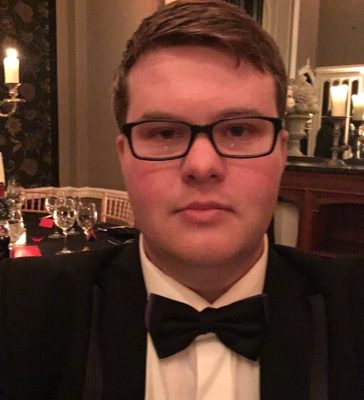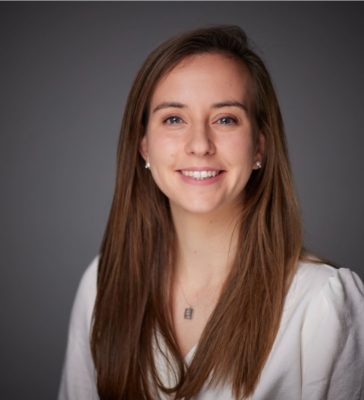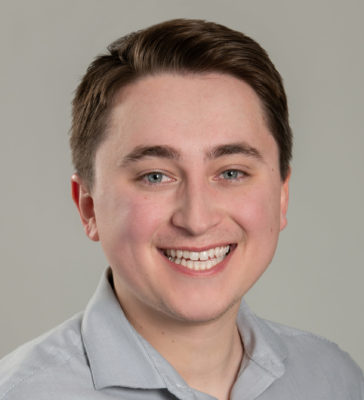
Peter Good
Current Employer/Organisation Name
University of Kent
What have you been doing since leaving Exeter, and what are you doing now?
After graduating from my MA in Middle East History at Exeter, I received AHRC funding to undertake a PhD project with the British Library and the University of Essex. Following the completion of my PhD, I have worked for the last year at the University of Kent, where I will take up a Visiting Lectureship from October 2018.
Why did you choose this career? And what do you enjoy most about your work?
I had always enjoyed conducting my own research, so completing a PhD felt like a natural progression from the work I had enjoyed in my previous studies. During my PhD I also had the opportunity of teaching on my specialist subject, as well as various other modules, an experience which solidified my desire to go into academia.
What did you enjoy most about studying here?
As a student at IAIS, I particularly enjoyed the sense of community within the department. The opportunity to study the Middle East from its history to its languages, art and culture was also very exciting, giving a well-rounded view of the region from a variety of perspectives. Then there’s also the thriving musical and theatrical community at the University, which gave me the opportunity to pursue other interests outside of academia, all on one of the most beautiful campuses in the country.
Why did you choose to study at Exeter?
Exeter had everything that I wanted from University, a diverse curriculum, lively music and arts scene and access to the countryside and coast. After my first visit I was hooked.
What skills and experiences have been most useful for your career?
Having gone into academia, specifically as an historian, I have found that my ability to speak regional languages has marked me out among my peers. I have also been able to use the research skills that I learned during my BA and MA dissertations going forward.
What advice would you give to a current student who wishes to pursue your career?
Academia is tough. The need for personal discipline is essential, but also a thick skin to cope with what is an increasingly competitive economy. You have to have faith in your abilities and the value of your work.
What are your plans for the future?
I am about to complete my first visiting lectureship and am applying for a variety of other jobs and fellowships going forward.

